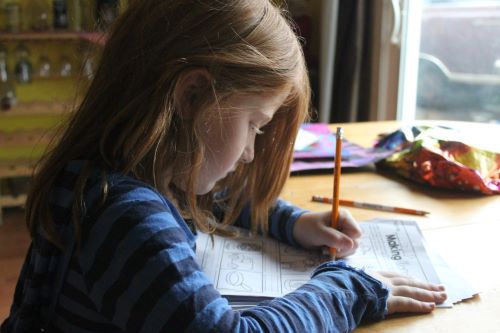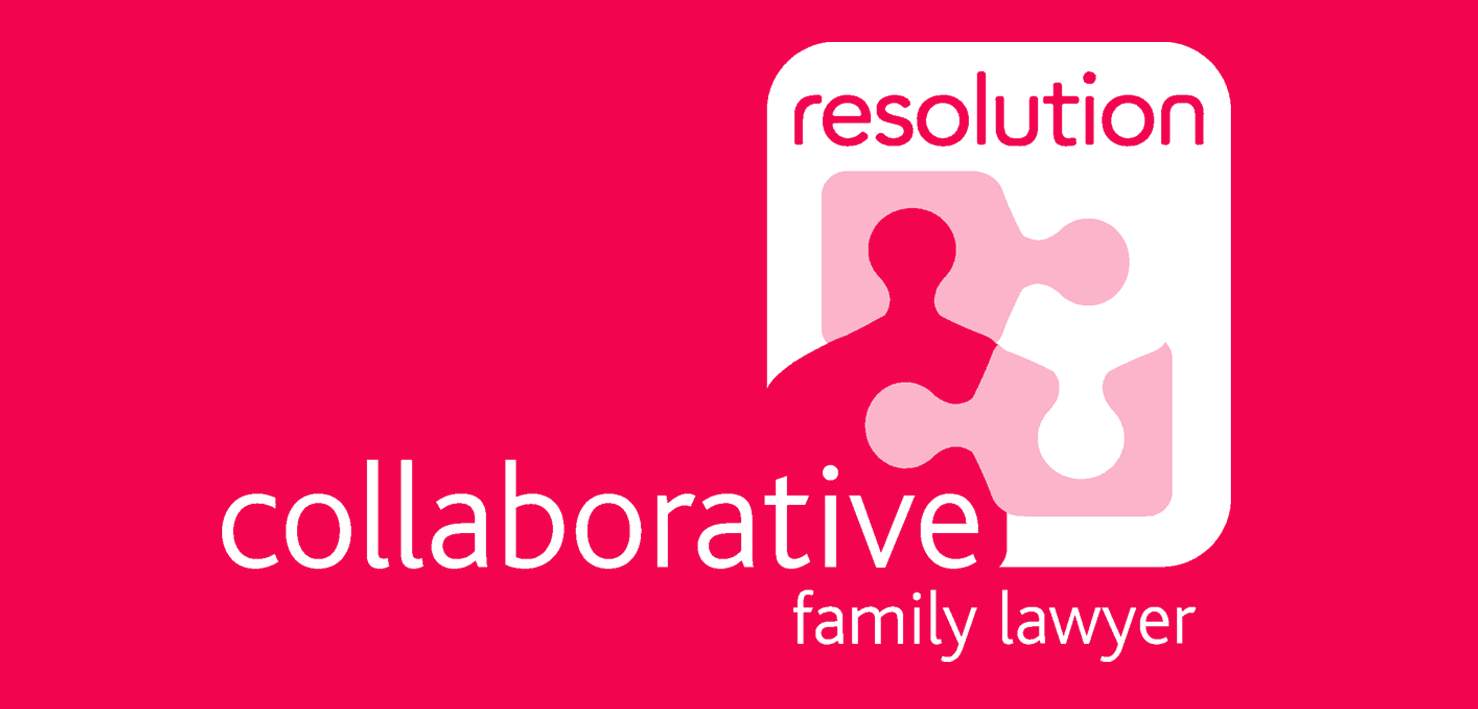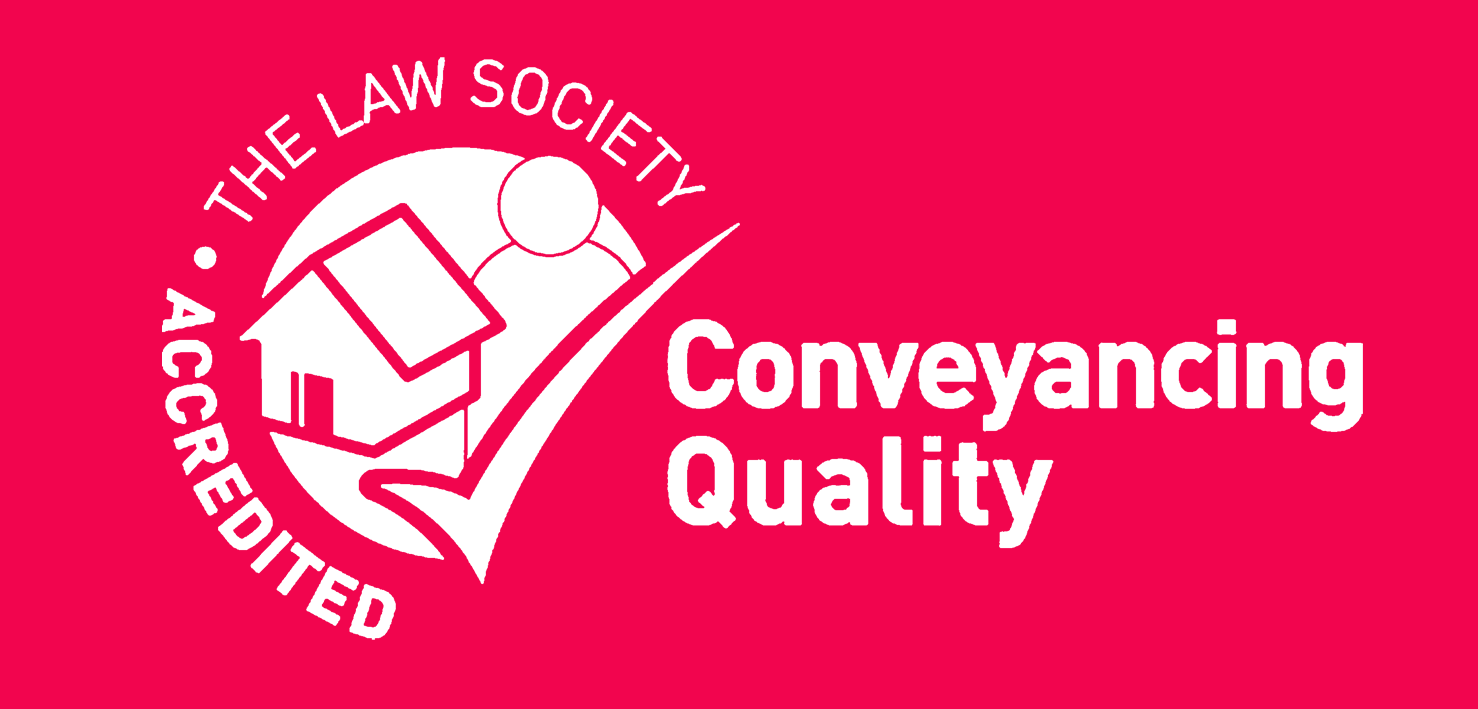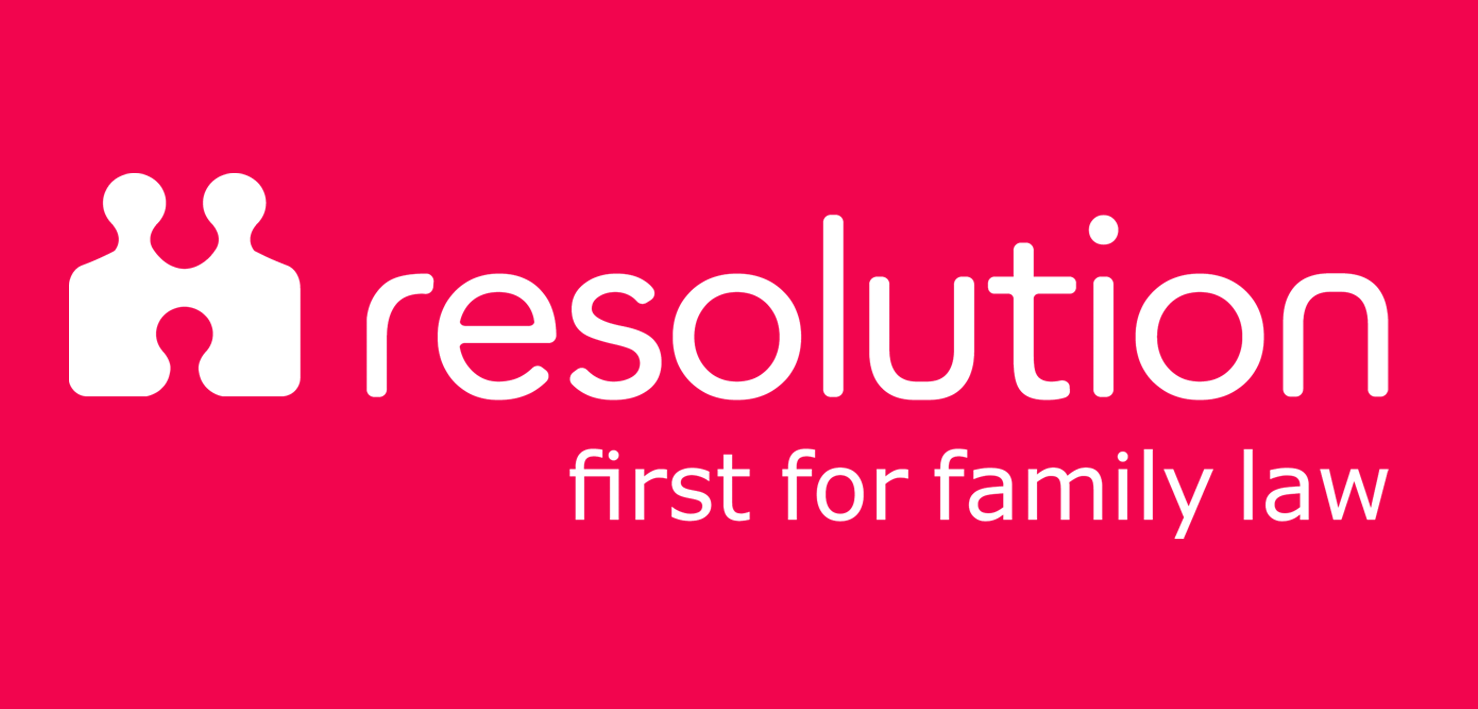Parents who remain together or are separated can often have different views in respect of child vaccinations which are recommended for every child or that are recommended for specific purposes.
Quite often the difference of opinion can come from general beliefs about vaccinations or due to religious beliefs.
We frequently receive questions about what parents should do when they do not agree and one parent has consented but the other parent has refused to consent due to their own beliefs. This means that until the issue is resolved the vaccinator cannot complete the vaccination.
The situation is difficult as all anyone wants to do is what they think is best for the child. If adhering to religious beliefs or practices, parents genuinely believes that withholding consent is in the best interests of the child and would be against Human Rights if the child were to receive the vaccination.
We are never going to resolve the difference of opinion, so what can we do?
Ultimately, if you cannot agree, then the recourse is to make an application to the Court for the Court to decide whether or not your child should receive a recommended vaccination.
So what is the view of the Court?
Most commonly the issue between parents is whether or not the vaccination will benefit the child medically and therefore the Court will focus upon medical research, which essentially means that if medical research and medical advice indicates that a vaccination is beneficial to a child, then it is likely that the Court will Order the child receives the vaccination unless there is consistent and reputable medical advice otherwise.
The issue of religious objection has recently come before the Court again in the case of Re WSP (A Child) (Vaccination: religious objection) [2023] EWCH 2922 (fam). Whilst in this case the child was the subject to an Interim Care Order and so the Local Authority had sought to exercise Parental Responsibility for the child to be vaccinated, the principles are the same where there are two parents with different views.
In this case, the mother sought an injunction to prevent the child from having routine childhood vaccinations on the basis that it was against her religious beliefs and that the vaccination would cause harm to the child as the receiving of a vaccination is forbidden due to the methods of their production and would ostracise the child from their faith as he would not be able to repent over something he had no control over. The mother suggested that this would cause the child emotional harm as it may leave him feeling confused and guilty in the future and lead to him questioning why his faith had not been followed.
The Court recognised that the usual focus is upon medical research and considered that the mother’s case was based upon religious beliefs which are protected under the European Convention on Human Rights (ECHR) as a right to freedom of religion and freedom from discrimination on the grounds of religion.
Essentially, the Court had to consider whether or not it could proportionately interfere with the rights of the mother/child protected by the ECHR on the basis of the wider publics’ safety.
The Judge indicated that the mother had not produced convincing evidence against the child receiving vaccinations. The Judge considered that the harm was speculative and the risk that the mother suggested was unrealistic and unlikely given that she had acknowledged other children of the same faith received the vaccinations and continued to be accepted within the community and practice their faith. Whilst the Judge reiterated that religious belief should be respected, they did state that religious beliefs did not outweigh the child’s interests in being vaccinated and that a vaccination would protect the child and the health and safety of the wider public.
It was reiterated that childhood vaccinations are in the best interests of otherwise healthy children which is the established medical view. The Court confirmed that vaccination provide protection against a number of serious and potentially fatal diseases.
The case reinforces that to make representations that children should not receive vaccinations where parents do not agree, then the parent objecting is compelled to provide evidence demonstrating medical evidence or welfare evidence against a child receiving the vaccination.
Should you be concerned in respect of consent surrounding childhood vaccinations, our experienced team will be able to guide you and advise you in respect of all the steps and assist you at Court should the need arise.





